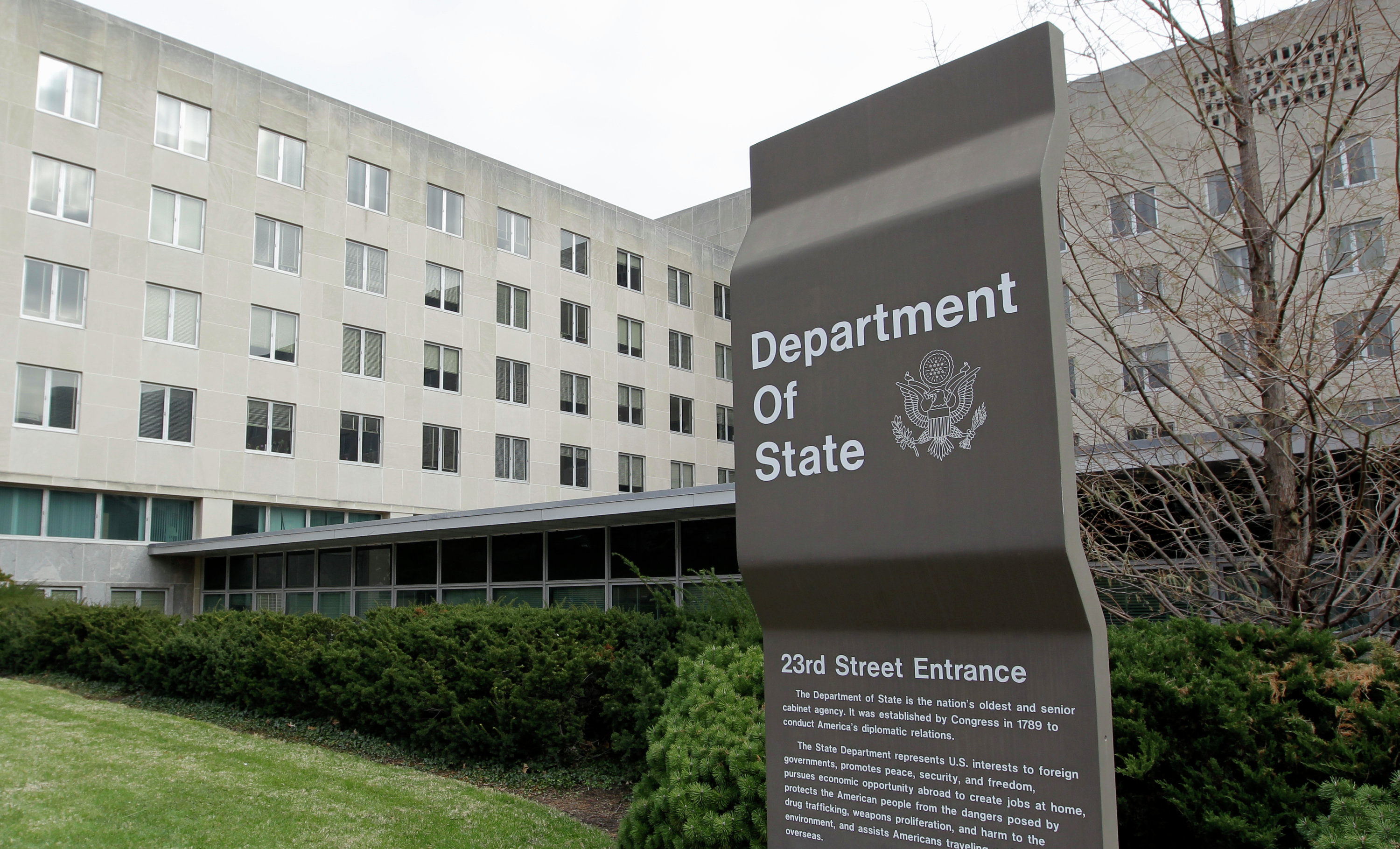The Traditional State and Civil Society

The concept of civil society as a neoliberal alternative to the traditional state is a cynical and ambiguous attempt to force the state to abandon its social commitments and will result in the Americanization of Russia. Russian society must act especially cautiously today and take a critical view of any proposed surrogates of the state and outwardly attractive ideological brands of modern Western society.
The state as an object of permanent criticism
The state is an object of permanent criticism from the viewpoint of various ideologies. According to Karl Marx, "the modern representative state is an instrument of exploitation of wage-labor by capital." For the ideologists of liberalism and neoliberalism, the state is the main inhibitor of the freedom of private capital, with the inevitable appeal to society as a whole.
The state is not a given form of social organization. Its historical demise and transition to a new form of social organization are inevitable, although this form can be also developed within the boundaries of a traditional state, as the experience of Soviet communism has shown. The so-called civil society triumphed at a time when the Soviet Union was in its final stages of decline as a competitive alternative to global liberal capitalism.
The call of the day since then has been for the renunciation of the unbearable system of state totalitarianism, the destruction of the state and the modernization of Russia and voiced with the same zeal that is employed for increasing the retirement age. The arguments for the transfer of the functions of the state to private capital, renunciation of social commitments, etc., are based on the presumption of the economic inefficiency of the state.
This rejection of the state per seal so stands at the core of the Bolotnaya Square protest rallies in Moscow in 2011 and 2012. The state is the sole evil for the liberal part of Russian society and business community: no matter what happens, the blame is always on the state and the majority of the people who support it.
Ironically, those who reject state power and pressure are ready to accept any corporate form of exploitation as ethically and psychologically acceptable.
Civil society, while digging up violations and malpractices at state institutions, which are to a greater or lesser degree indeed guilty of this evil under any sociopolitical system, is at the same time willing to implicitly obey the hegemony of private monopoly capital.
Civil society as a political brand and an ideological instrument
The state is above all about power. The subject of power has changed, but the form of the state has not, which helps camouflage the rise of new subjects of power and their policies under a traditional veneer.
Liberalism highlights the attractive brands of a free and open civil society. However, it interprets society (and man) as a class of owners, just as under classical capitalism. Democracy, the freedom of competition and civil society are political lures of the same ilk, at least in practical terms.
Civil society, which is attractive even as a term, has become an ideological instrument for destroying the traditional state, allegedly without any damage to society. A positive brand is expected to ease or neutralize any concerns.
The real essence of modern civil society is closer to its interpretation by Karl Marx than to its 20th century interpretation by Antonio Gramsci, let alone the neoliberal theories of Karl Popper, Friedrich von Hayek, Ayn Rand and other Atlantists. Civil society is a form of realization of private interests in a bourgeois society, which Russia started reviving after 1991.
Modern civil society is a complete US construct, one where the state is nothing more than an imitation and an empty shell. This rigid structure, which is being spread in Russia, has no place for the traditions of European democracy or self-organization of social groups that form the basis of Gramsci's theory.
Acting within the framework of total Americanization and irrespective of any political slogans, private institutions take over the authority of the state but refuse to accept any social responsibilities. The methodical destruction of the public sector in Russia will result in the reproduction of the Western system, within adequate education and healthcare systems for the public and closed quality ones for the select few.
Must we fight to preserve the traditional state?
The institute of the state is imperfect, and the state has many negative elements and can be the source of violence and injustice. So, should society get rid of it as soon as possible, the more so when it has been offered a replacement in the form of various non-governmental funds or NGOs?
To begin with, Russian society must know that the replacement of state institutions with private ones will mark the end of general and, so far, free healthcare services and education. Thisscenariowill have catastrophic consequences for society and the loss of all progressive achievements of the Soviet period.
Representatives of NGOs profess a specific neoliberal ideology and values and their ultimate goal is the destruction of the state. It appears therefore that the traditional state and a real civil society have a common enemy.
The deformation and destruction of the state will only benefit those social subjects that have taken a supra-state and supra-society stand and view society, just as the old bourgeoisie did, as a resource to be exploited. The existence of a traditional society depends on the preservation of the traditional state.
Real democracy, as a political and social ideal, is only possible within the framework of the state, which alone can protect it. But what should we do when the state itself no longer wants to represent the interests of society and implements reforms that are aimed at self-destruction and the replacement of the state with social relations that have been vividly described in western anti-utopias?